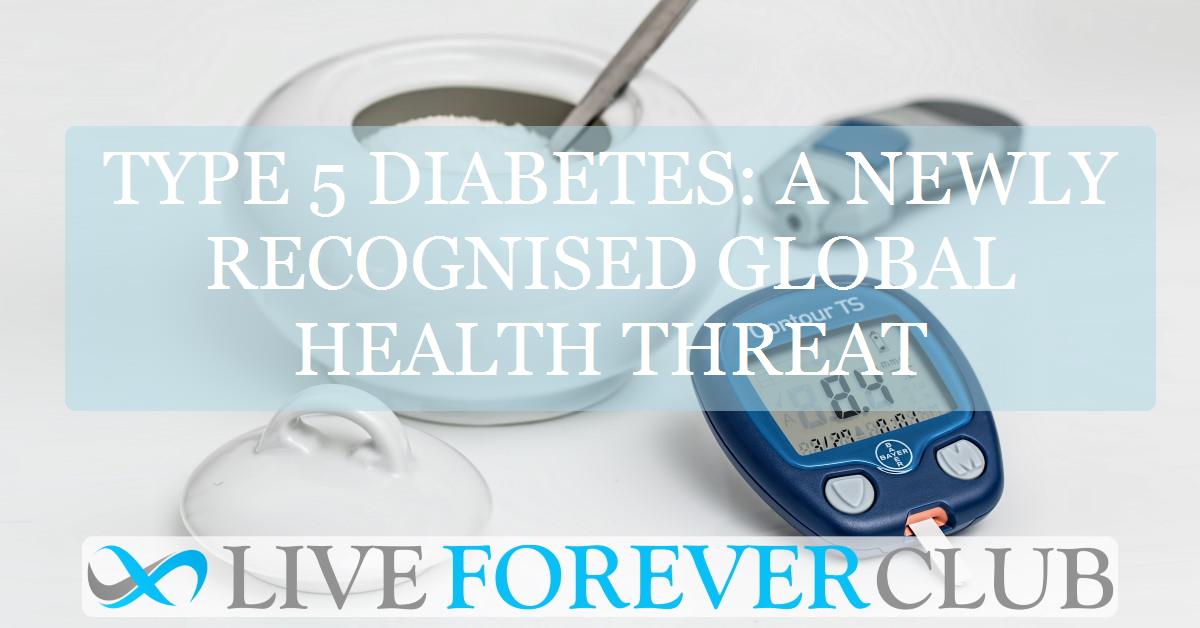Key points from article :
A new form of diabetes, now officially recognised as Type 5 diabetes, has been acknowledged by the International Diabetes Federation (IDF) after decades of uncertainty. Also known as malnutrition-related diabetes or MODY (Maturity Onset Diabetes of the Young), this condition predominantly affects lean and undernourished teenagers and young adults in low- and middle-income countries. Unlike Type 1 and Type 2 diabetes, this form is not linked to obesity or lifestyle factors but rather to inadequate nutrition and a genetic mutation that impairs insulin production.
The disease was formally recognised following a vote at the IDF’s World Diabetes Congress in Bangkok on April 8. According to Dr Meredith Hawkins, professor of medicine at Albert Einstein College of Medicine and a key figure in its study, the recognition marks a crucial step in diagnosing and treating an often overlooked global health issue. Despite first being described in Jamaica in 1955, Type 5 diabetes had been misclassified or ignored for years—leading to dangerous misdiagnoses, particularly in young, thin patients mistakenly treated with insulin.
Research led by Dr Hawkins and colleagues at the Christian Medical College in India, including endocrinologist Professor Nihal Thomas, has revealed that this form of diabetes involves a severe defect in the pancreatic beta cells’ ability to secrete insulin. Their findings, published in recent years, helped build the case for formal classification. The IDF’s endorsement now opens the door for proper research into targeted treatments and dietary approaches—such as high-protein, micronutrient-rich diets—that may better serve affected populations.
With an estimated 25 million people affected worldwide, mostly in Asia and Africa, Type 5 diabetes may be more prevalent than tuberculosis and nearly as common as HIV/AIDS—yet its recognition has only just begun.







